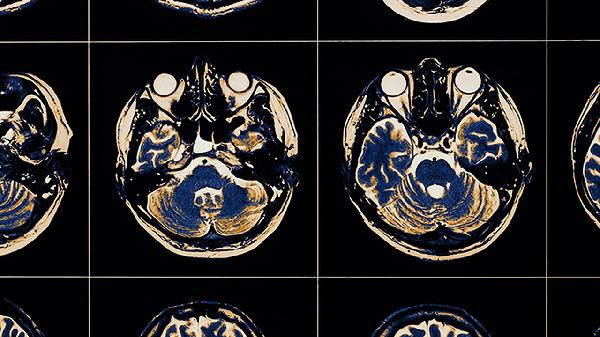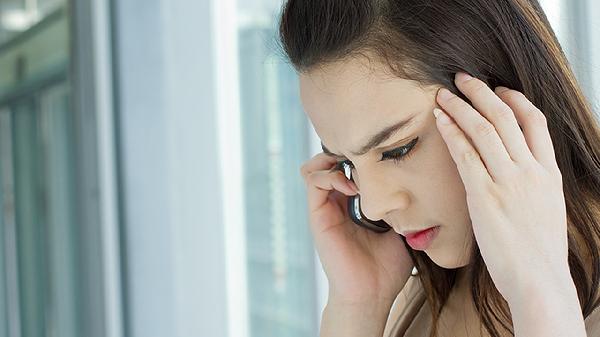Most women experience irritability before their menstrual period, which is a normal phenomenon mainly related to estrogen. This often leaves people puzzled as to why mood worsens during menstruation.
Why is mood worse during menstruation?
1. Influence of the surrounding environment
The surrounding environment here includes social environment and cultural upbringing. Due to the influence of traditional customs, some women believe that anxiety is inevitable before menstruation. In fact, this is a result of cultural oppression, leading to the expectation of low mood and anxiety before menstruation.

2. Unstable endocrine system
Menstruation is mainly controlled by the endocrine system. When body fluid and neural regulation functions are unstable during menstruation, it can alter the excitability of the cerebral cortex. Particularly, when the balance between progesterone and estrogen is disrupted, it can disturb the function of the autonomic nervous system, exacerbating physical discomfort and causing mood changes.
3. Significant fluctuations in sex hormones
Depression is more likely to occur during menopause, premenstrual period, postpartum, and when using contraceptives, indicating a close relationship between sex hormones and depression.
4. Hormone levels
Research has found that hormone levels are closely related to mood. Women with dysmenorrhea often have immature psychological development and may exhibit neurotic traits. Functional uterine bleeding is accompanied by emotional disorders and abnormal sexual life. These situations can cause women to experience abnormal autonomic nervous system activity due to excessive mental stress, leading to vascular changes and heavy bleeding.
How to alleviate mood during menstruation?
During menstruation, it is beneficial to reasonably supplement calcium, magnesium, and vitamin B6 to improve irritability, bloating, and headaches, but the amount should be controlled as excessive supplementation may harm the body. Try to avoid foods containing caffeine, such as tea, coffee, chocolate, and soda, as the more you consume, the worse premenstrual symptoms can get. Caffeine can make people unusually irritable and anxious, exacerbating chest pain. Avoid stimulant drinks one week before menstruation.
Friendly reminder
Women should understand the physiological aspects of menstruation, promptly alleviate tension, and avoid premenstrual syndrome. Maintain a balanced diet, and if edema occurs, limit intake of sugar, salt, and caffeine. Learn stress management techniques, such as abdominal breathing or progressive muscle relaxation. Maintain good lifestyle habits and participate in outdoor activities like jogging, swimming, or dancing, which can have a calming effect on muscles. Reasonable supplementation of vitamin B6 can regulate the relationship between the autonomic nervous system and the ovarian axis, alleviating depressive symptoms. Additionally, pay attention to personal hygiene during menstruation, change sanitary pads frequently, and avoid sexual activity to prevent gynecological inflammation.
























